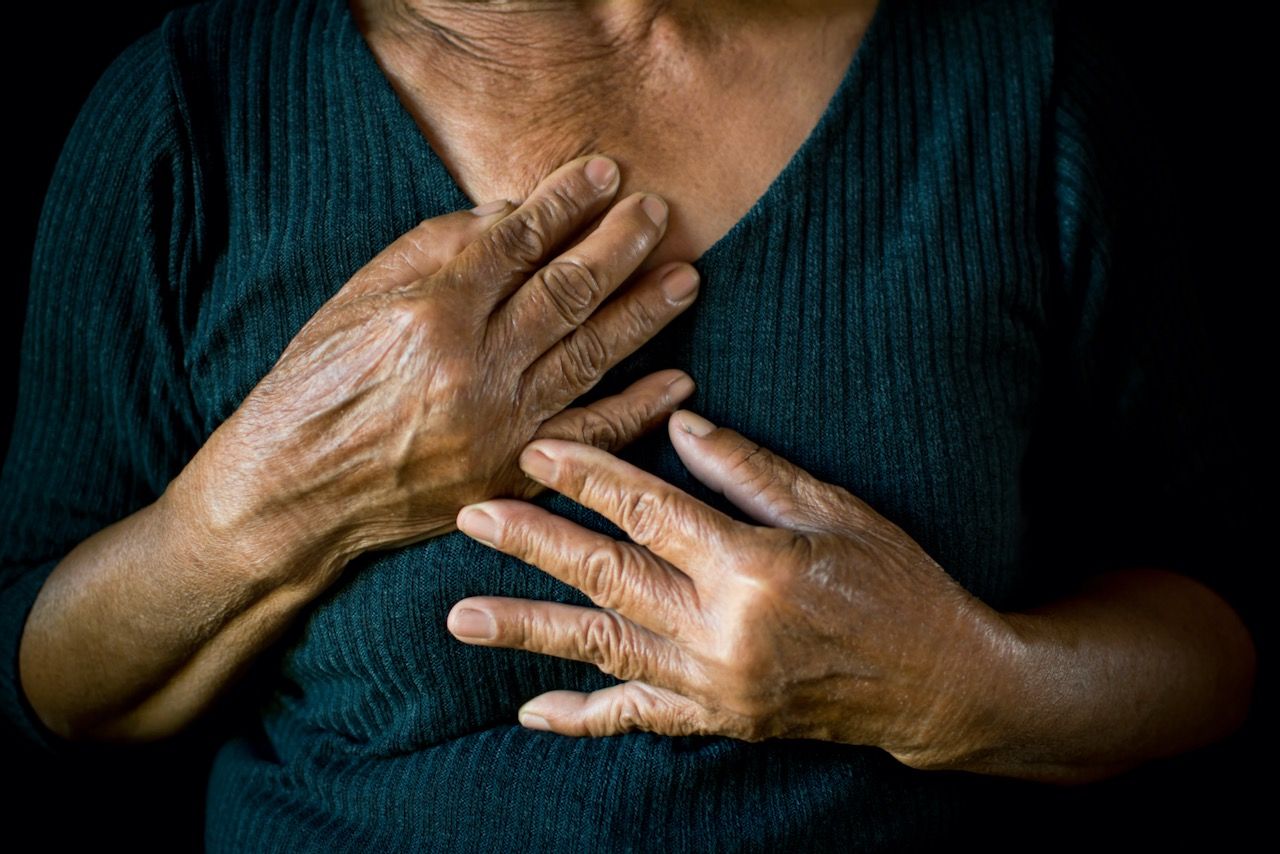Roswell Park researchers study new tactics to combat breast cancer disparities in Black, Hispanic/Latinx women
The rate of breast cancer in Black and Hispanic/Latinx women continues to be of concern to doctors, as these groups have higher death rates from breast cancer than non-Hispanic white women. Black women have the highest rate of death after being diagnosed with breast cancer of any ethnic or racial group.
Black women also face a higher risk of developing what’s known as triple-negative breast cancer, an aggressive form of the disease, and are more likely to die from it than white or Hispanic/Latinx women.
A researcher at Roswell Park Comprehensive Cancer Center is hoping to find a way to change that.
Song Yao, PhD, a molecular cancer epidemiologist and Professor of Oncology in the Department of Cancer Prevention and Control, has been researching whether immunotherapy, or using the body’s immune system to fight cancer, might help lead to better outcomes.
Earlier this year, he and Christine Ambrosone, Chair of Cancer Prevention and Control, and Senior Vice President of Population Services at Roswell Park, published a study indicating that Black women tend to not only have aggressive types of breast cancer but their cancers tend to harbor a higher number of “exhausted” T-cells, meaning their immune system has a harder time fighting the disease. Their hypothesis on why this happens goes back to how immune systems evolved differently in different parts of the world, and how “in Africa, where there is a higher prevalence of infections, their immune system had to be more robust and pro-inflammatory in order to fight off the infection,” Dr. Yao says.
A more effective type of immunotherapy
The more pro-inflammatory immunity and the exhausted T cell phenomenon in Black women may put them at higher risk of more aggressive breast cancer. However, Dr. Yao thinks this immune response might have an unexpected benefit: A large team co-led by himself and Dr. Charles Kamen at University of Rochester, which also includes Dr. Ambrosone and Dr. Gary Morrow at U of R, now researching whether cancer immunotherapy might be more effective in Black patients than in their white counterparts.
“If our hypothesis is correct, Black women might have a better response to immunotherapy,” offering them a chance to have a stronger weapon if diagnosed with triple-negative breast cancer. “This new type of treatment might be used to reduce the gap for breast cancer mortality. This is new research we’re just starting to work on. We are enrolling patients including women diagnosed with triple-negative breast cancer, here at Roswell Park and through a national network called NCI Community Oncology Research Program (NCORP). We really hope this can provide some new direction to reduce the disparities.”
Earlier research found that T cells that are supposed to fight against cancer could become exhausted and unable to control tumor growth, but immunotherapy can help reinvigorate those cells if checkpoint inhibitor therapy is used.
“Our hypothesis began with human evolution in Africa so that’s how we began our research,” Dr. Yao says. “Based on what we’re building here, we want to expand the study to include other racial and ethnic groups, including Hispanic Americans, in future studies. We hope, maybe in a few years after this study has been established, that we can expand it.”
Early detection is vital
Currently, Hispanic and Latinx women in the U.S. have higher death rates and morbidity from breast cancer than non-Hispanic white women. An estimated 24,000 Hispanic/Latinx women will receive a breast cancer diagnosis this year and almost 12% will die from the disease. Studies suggest this is due largely to lower rates of screening and that culturally appropriate interventions can help to address some of these disparities.
Higher death rates and later-stage diagnosis among Hispanic/Latinx women indicate a significant need for increasing early detection of breast cancer in those women, but there are challenges that can make it more difficult for them to get this important care, including getting an early and accurate diagnosis.
Schedule your mammogram
October is Breast Cancer Awareness Month. If it’s time to schedule your mammogram, contact Roswell Park. Bilingual services are available. Translators will be on hand for those who need language assistance, both during the screening event and when calling to make an appointment.
Learn More



